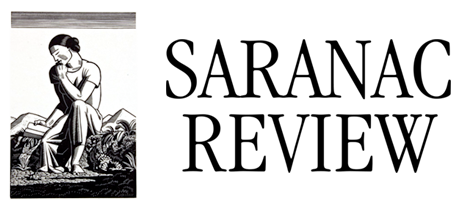“Nobody’s Soldier”: A Reflection on Lyrics and Our World
On August 16th of this year, Hozier released his second extended play of the Unreal Unearth album called Unaired. As a fan of his work, I was understandably excited for his new songs, but the title of a particular one caught my eye. “Nobody’s Soldier” begins the EP with a dramatic instrumental production–it is clear that this song’s intended purpose is to stand out compared to the other two softer, more melodic tunes on Unaired. After listening once, I listened again. I listened again and again until the striking lyrics were ingrained into my brain, until my ears were ringing to the beat of the drums.
This song aims to bring attention to the destructive world we live in, one that consists of “Benzos and gasoline / [c]offee and blue light screens ‘til the morning.” We rely on anxiety medication to ease our thoughts regarding our sickening surroundings, and these same anxieties only elevate when nobody in power takes action to combat that wrong in our world. It is true that our reliance on technology is necessary at points, but we can not stray away from the fact that an excessive amount of technology or lengthy exposure to “blue light” has many adverse effects on mental health. Unfortunately, there is no escape from the “blue light” in a world that embraces and normalizes it, where we are trapped in a vicious cycle that begins and ends with technology. It is an addiction—something that we continue to dangerously succumb to—and the consistent use of “blue light” breaks us down through the power of our own weary fingers.
Still, those in authority—or those with any ounce of jurisdiction—continue to resist protecting us from these catastrophic surroundings. There is no comfort living in a world that does not welcome all its citizens or provide a secure standard of living. “Nobody’s Soldier” discusses the continued participation and strong encouragement of wars—we are “nobody’s soldier” as a form of resistance to this idea. However, it is more than an anti-war song. It is about the need to retain our individual autonomies. This is emphasized through the repetition of the chorus, “I don’t wanna choose between being a salesman or a soldier / … [c]hoose between being a butcher or a pauper.” There should not be limitations or lack of possibilities in how we approach our own livelihoods—there should always be choice.
Hozier continues, singing, “[s]ick to my skin, watching the news again.” In our digital age, we are constantly attacked by horrific news headlines. From the news channel on the television to the Instagram timeline, we always have access to the tragic state of our world. While it is necessary to stay informed, the disastrous reports always concern the same topics; it is beyond devastating that we live in a place where war has ravaged nations and their citizens, where gun violence is an epidemic, where humans continue to be discriminated against, where people are not able to simply exist. This all happens while world leaders encourage and welcome that very destruction of our homeland, telling us that we are not “drowning,” and instead, that we are “walking on water.”
I do feel helpless when considering what is happening around me, I do feel like I am “drowning.” I do not know what I, a 19-year-old college student, can do to fix the desolation around me. I wish I could have some semblance of control over my mind, over the news alerts that plague my thoughts. “Nobody’s Soldier” not only captures this feeling of vulnerability, but urges us to “take no orders.”
It is time to fight for our futures, for healing our damaged world. Setbacks are inevitable when combating leaders who are turned against you. But even when drowning, you must continue to swim. You must urge your body to stay above the crashing water that will desperately try to swallow you, to silence you. Scream as if your life depends on it—because it does. Our continued survival will ensure a path toward rejuvenation, mobilizing all together—nobody’s soldiers but our own.

